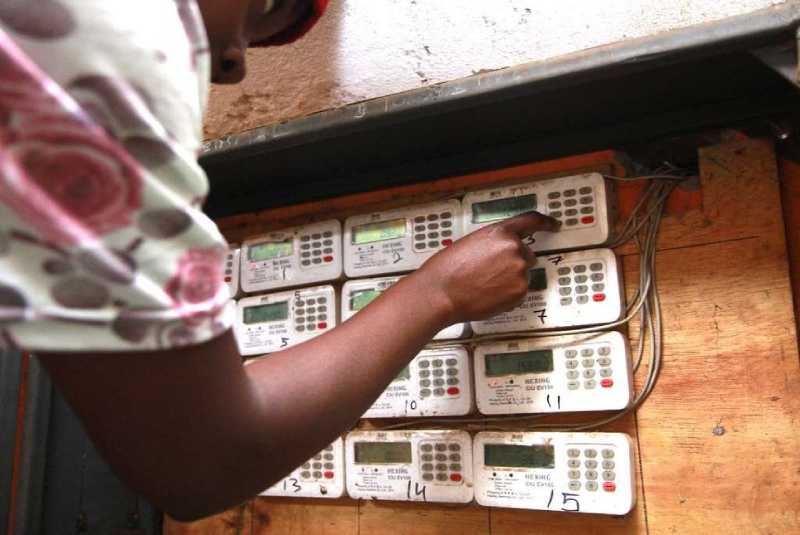×
The Standard e-Paper
Kenya’s Boldest Voice

Your power bill could rise further by as much as 70 per cent as the Government moves to raise additional revenue to sustain idle plants.
The Energy Regulatory Commission (ERC) has expressed concerns about the number of planned power projects, saying the current pace in growing electricity generation by far outpaces demand.







